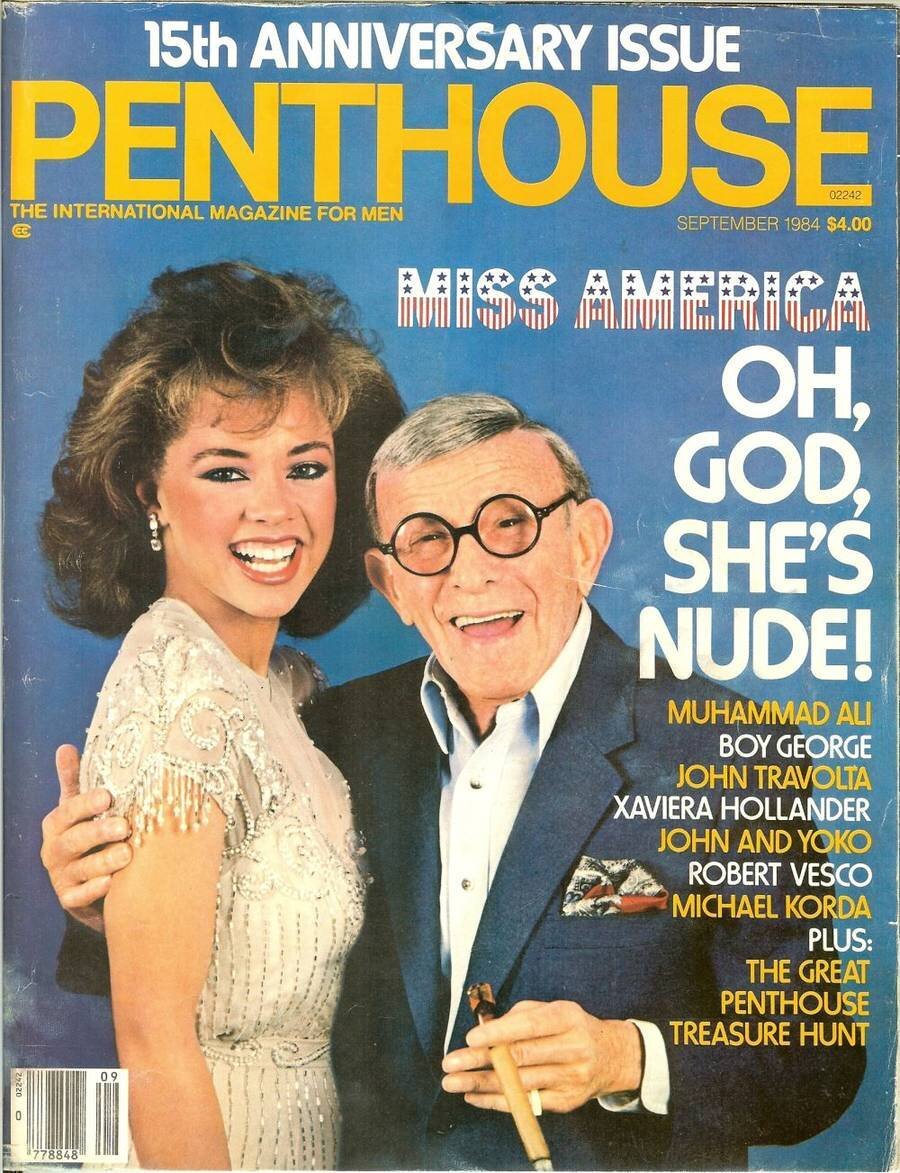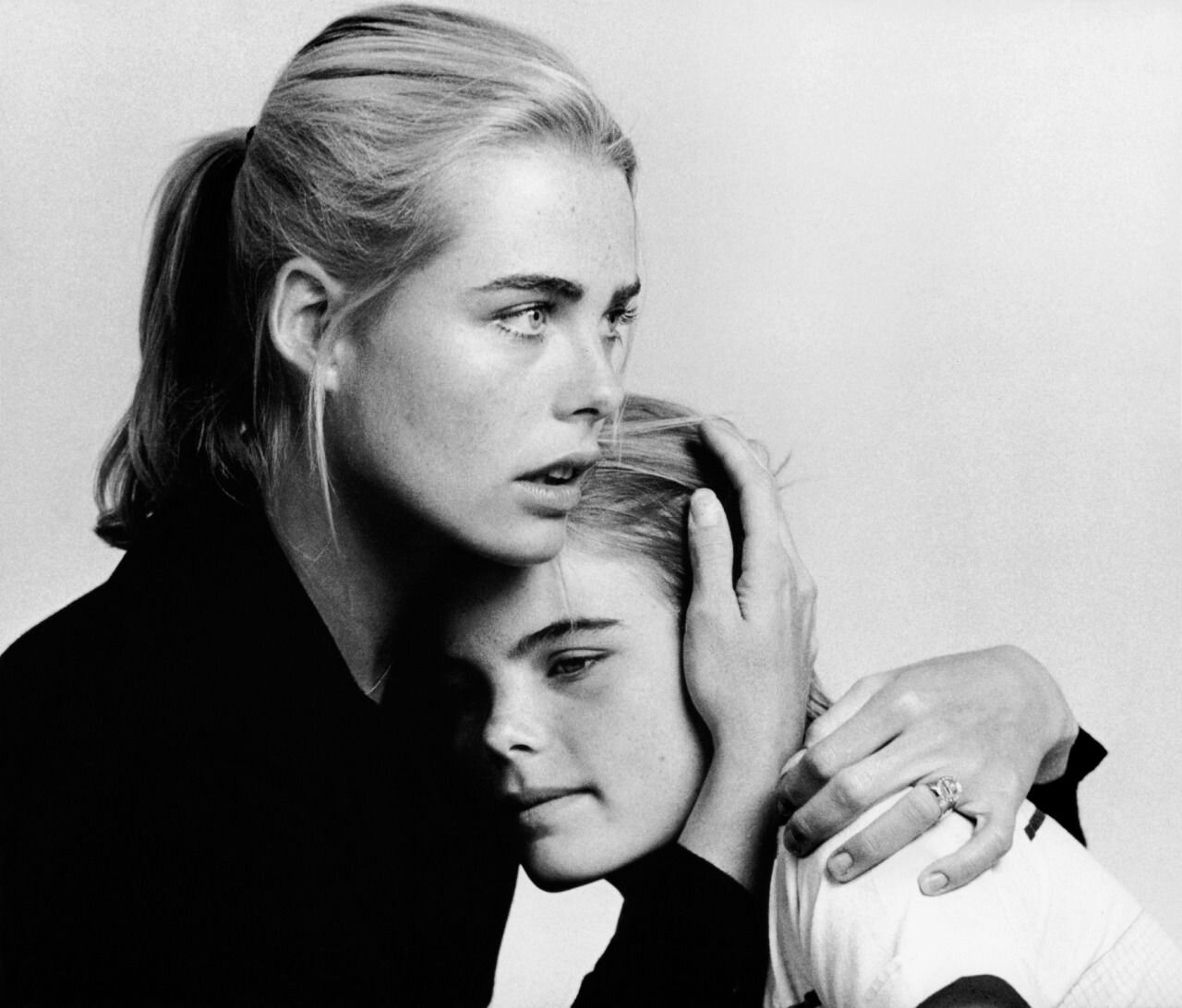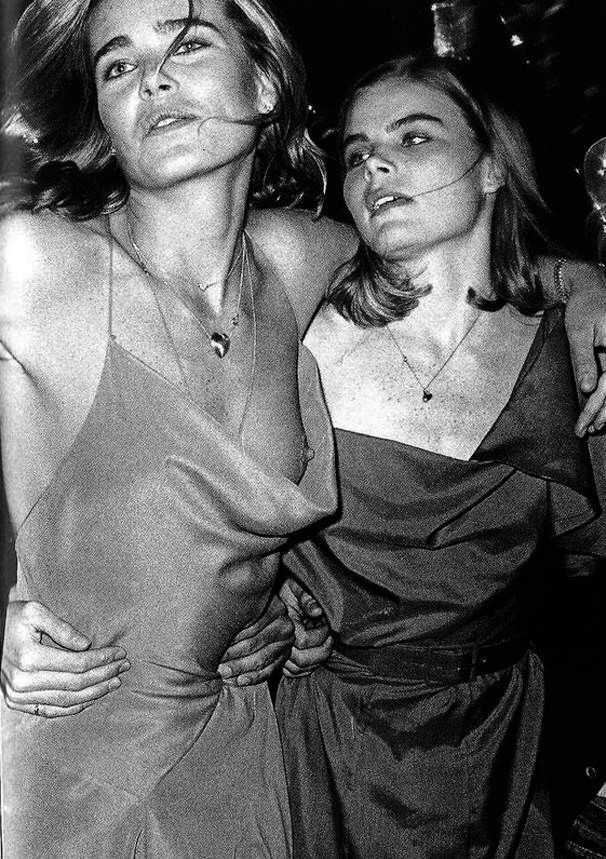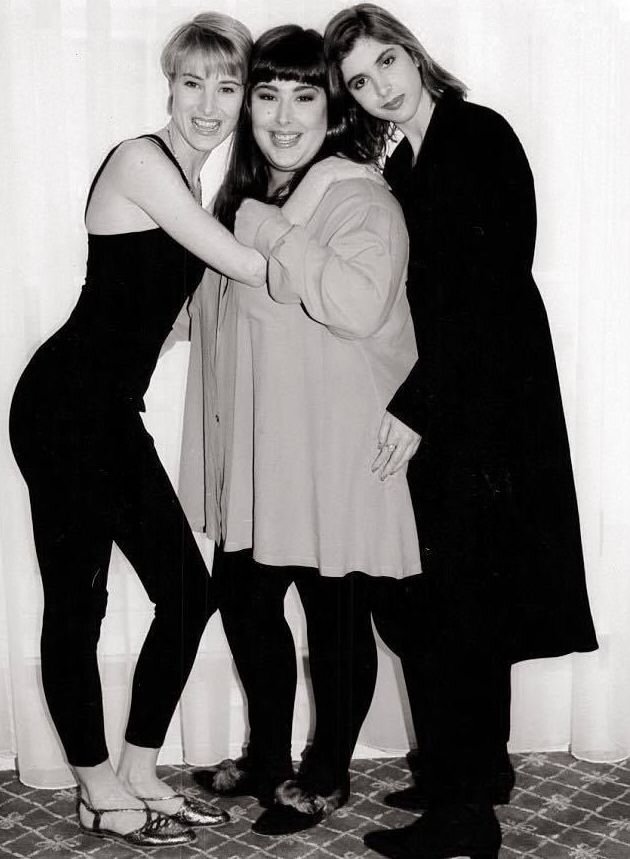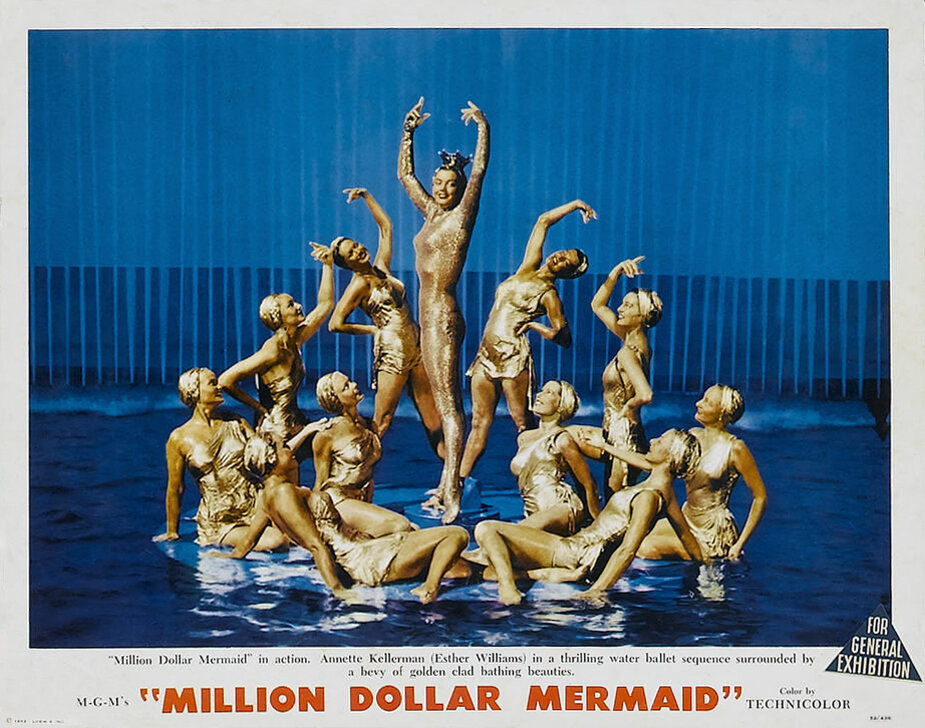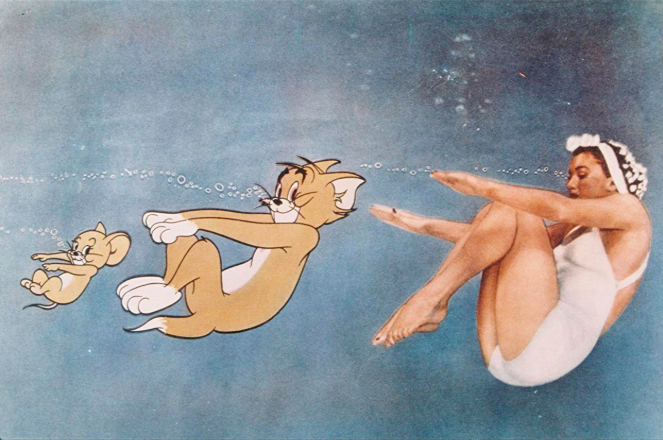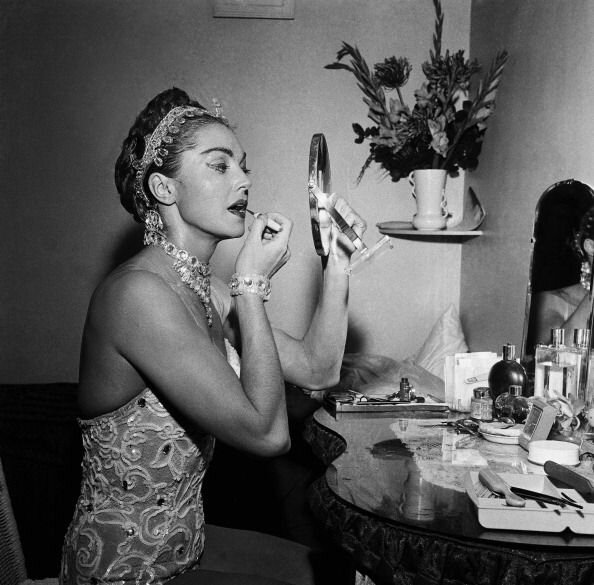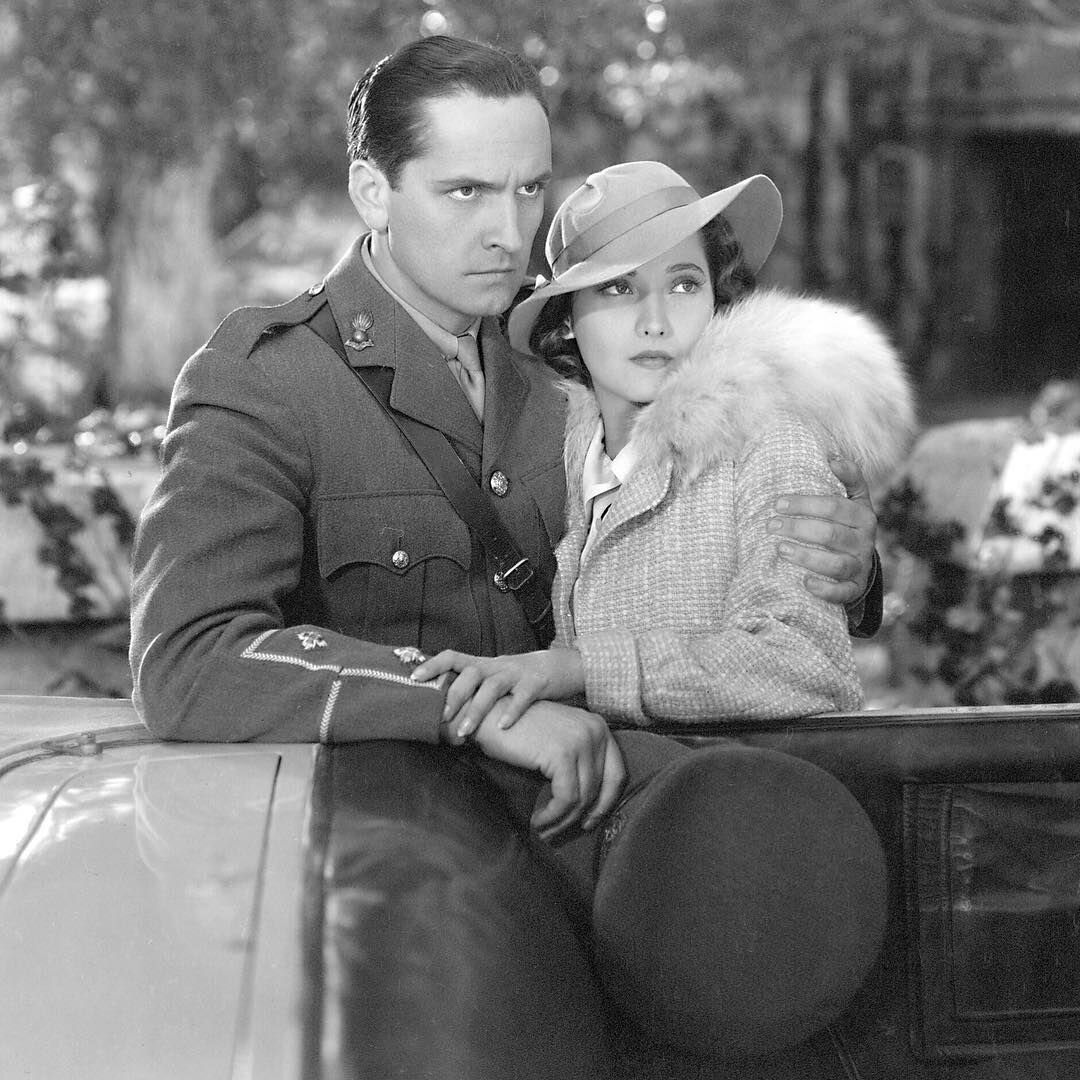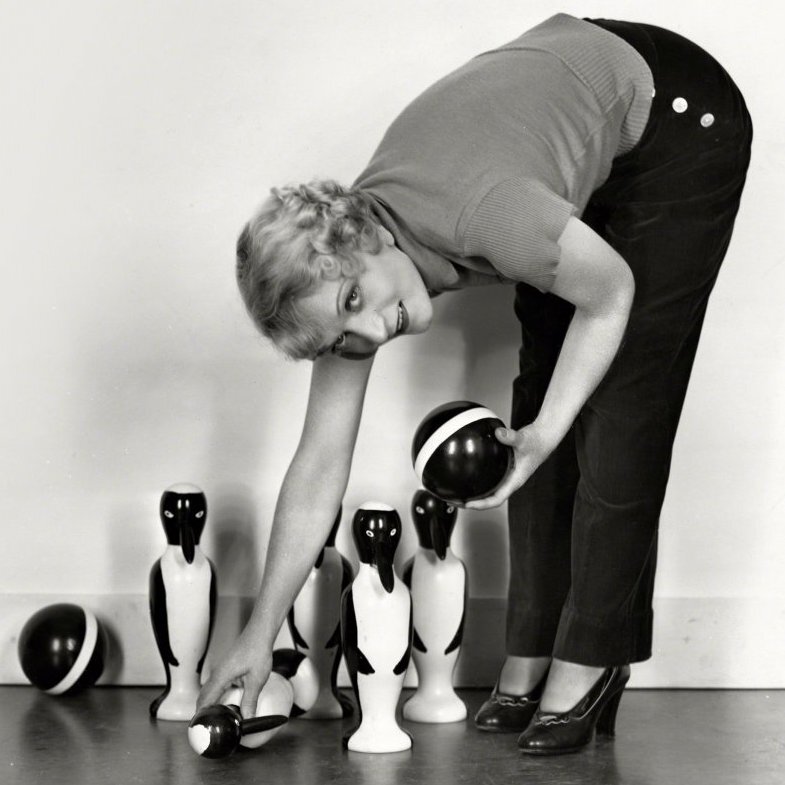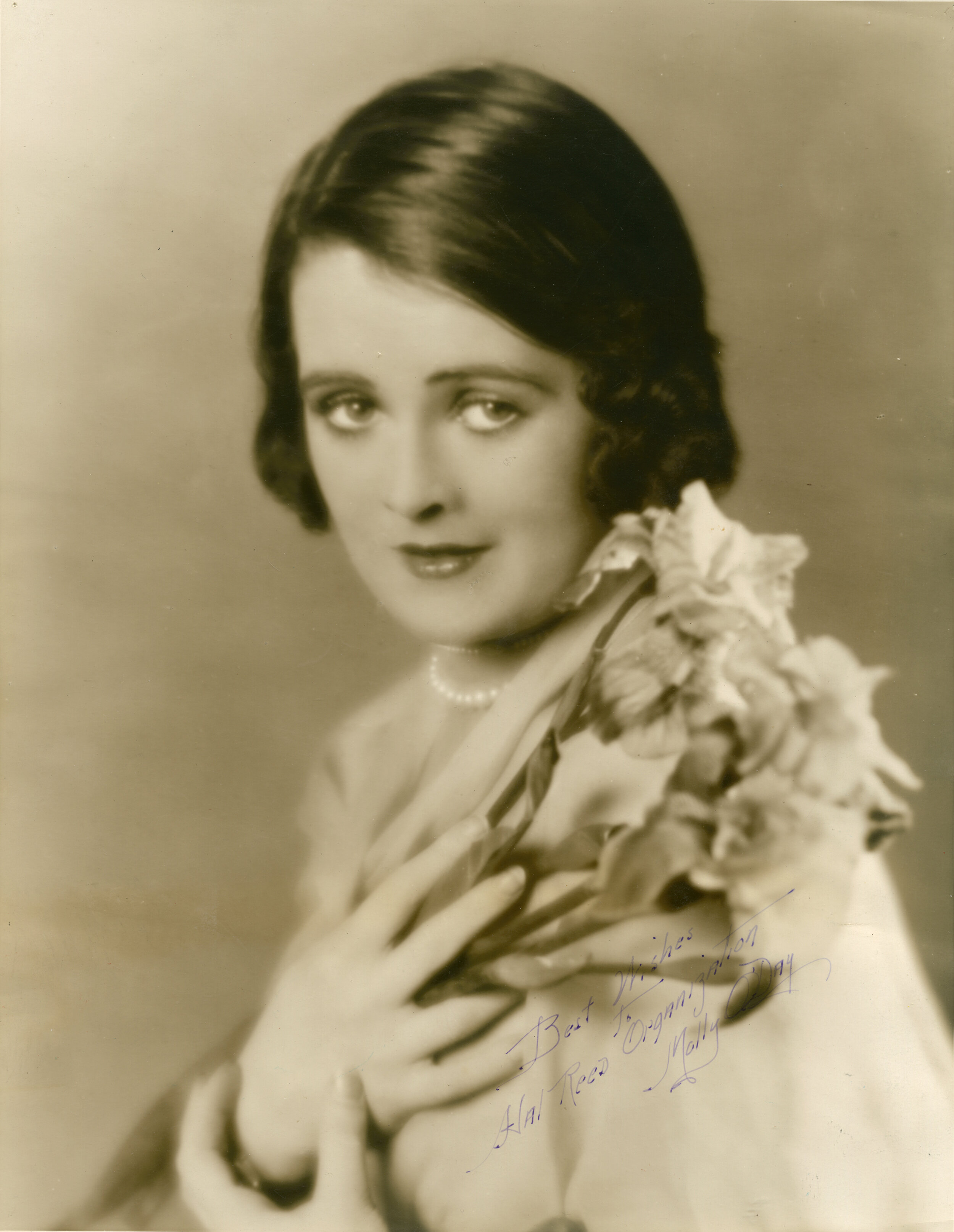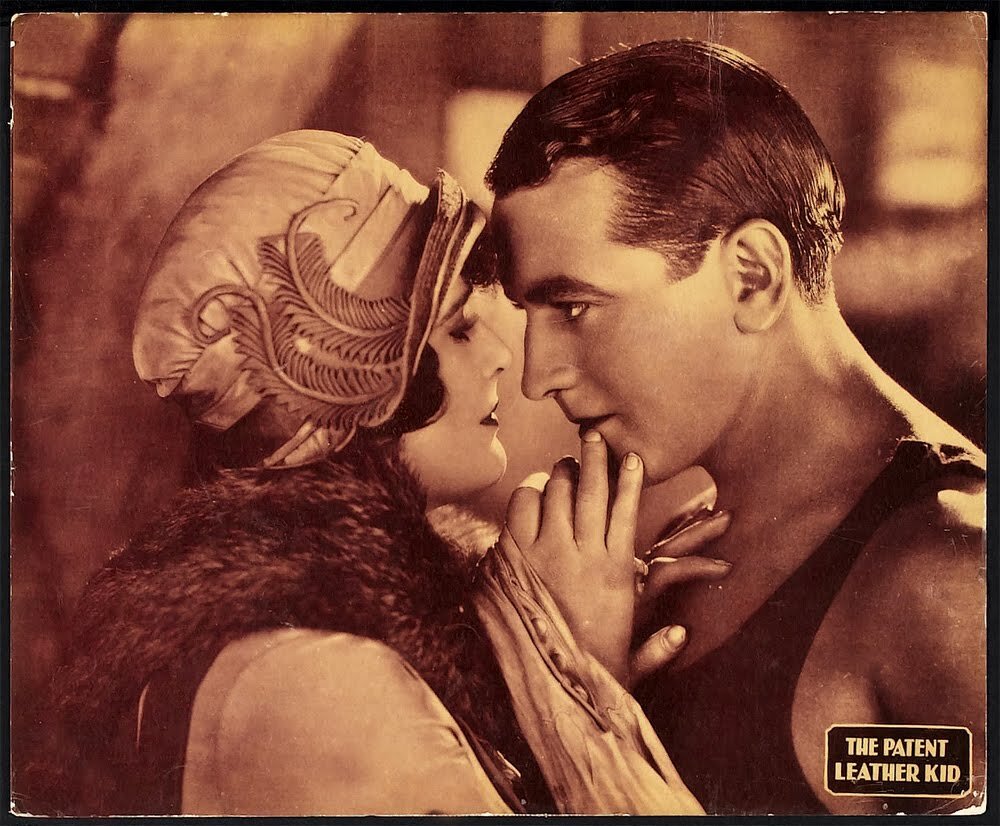Listen to this episode on Apple Podcasts.
In 1983, Vanessa Williams became the first black woman to win Miss America. In 1984, a few weeks from the end of her reign, she was forced to step down when she found out Penthouse was to publish unauthorized nude images of her in their magazine. Williams went on to have a successful singing career and star in movies, too, but her career trajectory tells more than the story of a black beauty icon who overcame obstacles to make it in Hollywood. It's a story that echoes the legacies of racism, colorism, tokenism, and misogynoir (the misogyny experienced specifically by black women) in 20th century Hollywood and how, as a result, black women — from Williams to Whitney Houston — have had to display exceptional talent to make the case that their images are worth circulating and celebrating as beautiful.
This episode was written and performed by Cassie da Costa, an entertainment writer for The Daily Beast. She lives in Ojai, California.
SHOW NOTES:
Sources specific to this episode:
“Miss America: A History”, missamerica.org
Wayward Lives, Beautiful Experiments: Intimate Histories of Social Upheaval by Saidiya Hartman
“Bob Giuccone, Penthouse Founder, Dies at 79”, obituary by Robert D. McFadden, The New York Times, October 20, 2010, The New York Times
“Bob Guccione’s FBI File: From Direct Mail Smut Peddler To Penthouse Founder” by Unknown, January 18, 2011, Talking Points Memo
“Interview with Penthouse’s Bob Guccione” October 27, 2008, YouTube
“The Indian Miss America and the First Native Miss America” by Indian Country Today, September 19, 2013, Indian Country Today
“Miss America: United States Pageant” by John M. Cunningham, November 8, 2019, Encyclopedia Britannica
“Ex Miss America Vanessa Williams Overcomes Her Disgrace by Showing and Singing the Right Stuff” by John Stark and Michael Alexander, January 30, 1989, People Magazine archives
“How Vanessa Williams Endured Her Miss America Scandal” by Oprah’s Master Class, July 13, 2014, OWN via YouTube
“Vanessa Williams at age 29 interviewed by Oprah Winfrey”, August 18, 2019, YouTube
“Fifty Years Ago, Protesters Took on the Miss America Pageant and Electrified the Feminist Movement” by Roxane Gay, January 2018 issue, Smithsonian Magazine
“‘You can be unapologetically black’: How Miss Black America has endured 50 years” by Robin Givhan, August 28, 2018, The Washington Post
Music:
The music used in this episode, with the exception of the intro, was sourced from royalty-free music libraries and licensed music collections. The intro includes a clip from the film Casablanca.
Excerpts from the following songs were used throughout the episode:
Innervisions - Stuart Alexander Elliott, Rick Driscoll, Jacqui Copland
Peacefire - Steve Baker
Beauties American Style - Hans Conzelmann, Delle Haensch
Dixie Blues - Geoffrey Peter Gascoyne
Good Vibe - Richard Glasser, Donald Geoffrey Peake
Ballad - Dick Walter
Dangerline - Giuliano Panella
The Dealer - Andrea Litkei, Ervin Litkei
Contemplation - Hans Haider
Style and Grace - Geoffrey Wilkinson
Beauty Queen - Rolf Anton Krueger
Romantic Soul - Dean Landon, Caron Lyn Nightingale
When Love Comes Around - Paul Lenart, Larry Luddecke
Pendulum - Didier Francois Dani Goret
Love Hope Rebuild - Steve Baker
Credits:
Make Me Over is a special presentation of You Must Remember This. It was created and directed by Karina Longworth, who also edited the scripts.
This episode was written and performed by Cassie da Costa.
Research and production assistant: Lindsey D. Schoenholtz.
Social media assistant: Brendan Whalen.
Producer: Tomeka Weatherspoon.
Editor: Jared O'Connell.
Audio engineers: Jared O'Connell, Andrea Kristins and Brendan Burns.
Supervising Producer: Josephine Martorana.
Executive Producer: Chris Bannon.
Logo design: Teddy Blanks and Aaron Nestor.

